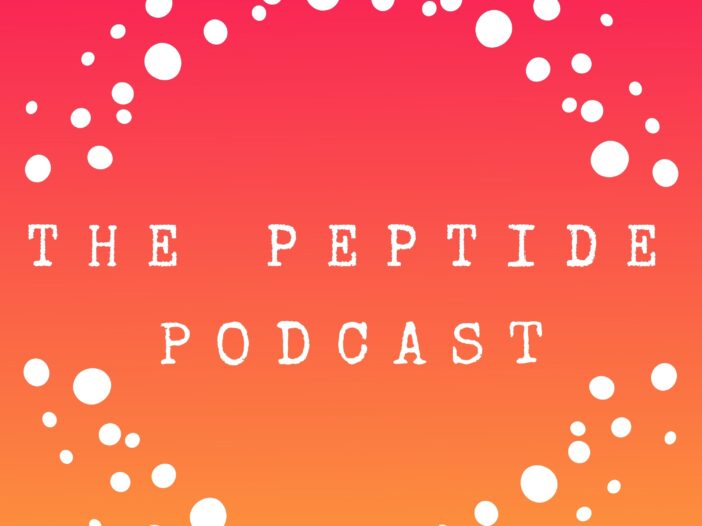
The benefits of losing weight go far beyond looking and feeling good. Weight loss is often accompanied by numerous health benefits, from improved cardiovascular health to better metabolic function. However, for some people, shedding those extra pounds may also come with an unexpected side effect: hair loss.
While this can be distressing, it’s important to understand that hair loss isn’t directly caused by GLP-1 agonists but rather by rapid weight loss and other associated factors.
As a refresher, let’s discuss how GLP-1 agonists work for weight loss.
Medications like semaglutide mimic the action of glucagon-like peptide-1 (GLP-1), a hormone that regulates blood sugar levels and controls appetite. They also slow down how fast food leaves your gut, making you feel fuller after you eat.
What causes hair loss?
Hair loss can occur for many reasons, including genetics, hormonal imbalances, nutrient deficiencies, stress, and certain medications. But when it comes to weight loss, several factors can contribute to hair loss.
Nutritional Deficiencies: Rapid weight loss caused by diet can lead to inadequate intake of essential nutrients such as vitamins, minerals, and proteins. These nutrients are vital for healthy hair growth. For example, deficiencies in iron, zinc, biotin, and protein have been linked to hair loss.
Telogen Effluvium: This is a type of temporary hair loss that occurs when a significant number of hair follicles enter the resting (telogen) phase prematurely due to stress or shock to the body, such as rapid weight loss. This results in increased shedding of hair and typically starts about 3 months after someone experiences a stressful life event or rapid weight loss.
It’s important to note that GLP-1 agonists themselves do not directly cause hair loss. Clinical trials and studies evaluating the safety and efficacy of these medications have not reported hair loss as a common side effect. This means there’s no evidence that taking any GLP-1 agonist directly causes hair loss.
If you’re experiencing hair loss while taking a GLP-1 agonist for weight loss, it’s important to know that this hair loss isn’t permanent. After a few weeks to months, hair follicles will return to their usual growth patterns.
If you notice hair shedding or thinning after you start a GLP-1 agonist, make sure to talk with your healthcare provider. They can help determine the underlying cause of your hair loss and recommend appropriate interventions.
Additionally, adopting a well-balanced diet and ensuring adequate nutrient intake can support healthy hair growth during weight loss. You should try to include lean proteins, fruits, whole grains, and vegetables in your daily routine.
You’ll also want to work on lowering your stress levels. You can try meditation, regular physical activity, and deep breathing. You can also try to schedule mindfulness breaks throughout your day (e.g., drinking a cup of tea, calling a friend, or cleaning your workspace) or reduce loud noise in your work or home environment.
Thanks again for listening to The Peptide Podcast. We love having you as part of our community. If you love this podcast, please share it with your friends and family on social media, and have a happy, healthy week!
We’re huge advocates of elevating your health game with nutrition, supplements, and vitamins. Whether it’s a daily boost or targeted support, we trust and use Momentous products to supercharge our wellness journey.
Momentous only uses the highest-quality ingredients, and every single product is rigorously tested by independent third parties to ensure their products deliver on their promise to bring you the best supplements on the market.
Leave a Reply